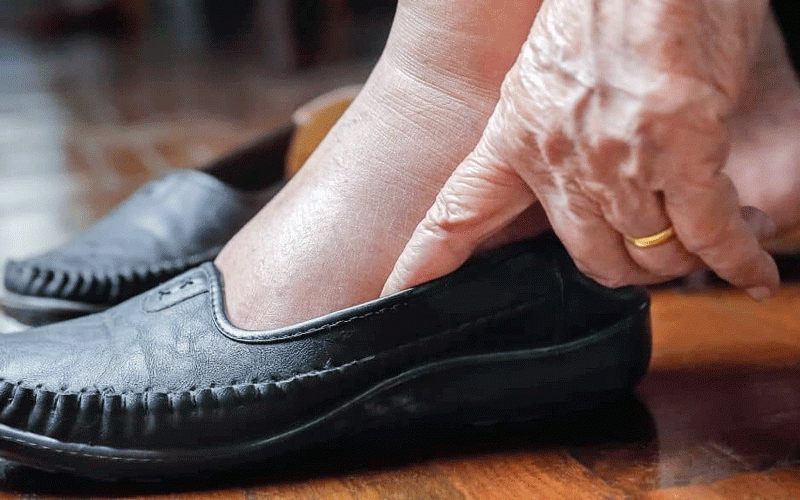
Doing overtime increases the risk of heart disease by up to 80%, a major study has claimed.
Report by Mailonline Researchers say long working hours could be condemning thousands of employees to heart attacks and strokes.
The warning follows analysis of 12 studies dating back as far as 1958, involving a total of 22 000 people from around the world.
The analysis, by scientists at the Finnish Institute of Occupational Health, found that those whose working days were longer than the traditional 8 hours had a 40 to 80% greater chance of heart disease.
The effects were more pronounced when participants were asked how long they worked for — but when researchers closely monitored working hours, the increased risk of heart disease was closer to 40%.
Lead researcher, Marianna Virtanen said the effects could be due to “prolonged exposure to stress”. Other triggers could be poor eating habits and lack of exercise due to restricted leisure time. In 2009, the same team discovered that long working hours increased the risk of dementia later in life. The effect was similar in magnitude to that of smoking.
Middle-aged workers putting in 55 hours or more a week had poorer brain function than those clocking up no more than 40 hours, with lower scores on tests to measure intelligence, short-term memory and word recall.
Britons work some of the longest hours in Europe, with full-time employees averaging 42,7 a week. Those in Germany typically work for 42, while Danes do 39,1.
- Chamisa under fire over US$120K donation
- Mavhunga puts DeMbare into Chibuku quarterfinals
- Pension funds bet on Cabora Bassa oilfields
- Councils defy govt fire tender directive
Keep Reading
It estimated that more than five million people a year in Britain work unpaid extra hours to hang on to their jobs.
But the long-term toll on workers’ health could be devastating, the new research suggests.
In a report on the findings Virtanen said: “There are several potential mechanisms that may underlie the association between long working hours and heart disease”.
In addition to prolonged exposure to psychological stress, she said other triggers could be raised levels of the stress hormone cortisol, poor eating habits and lack of physical activity due to restricted leisure time.











